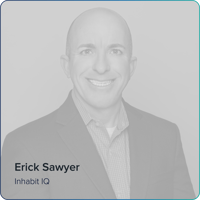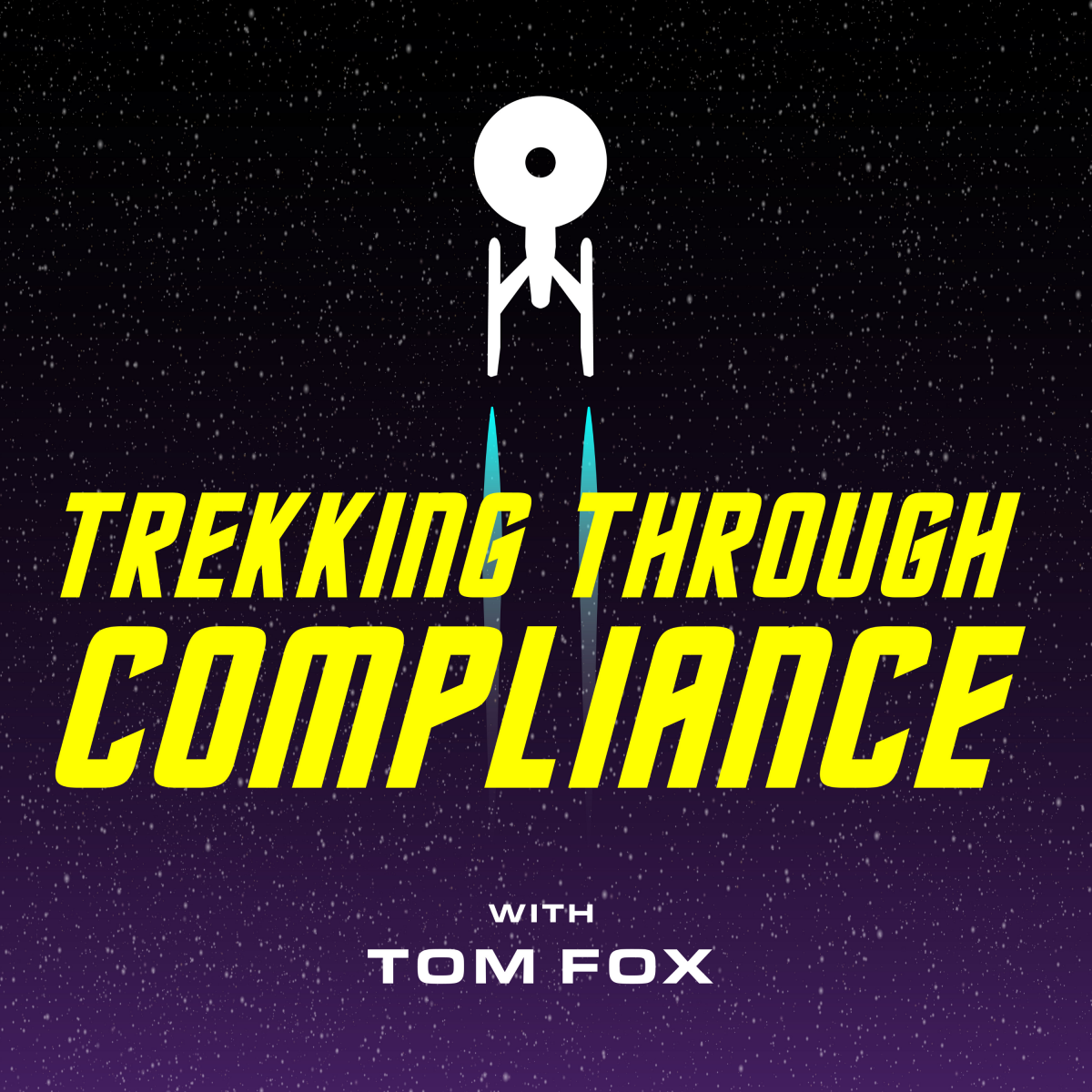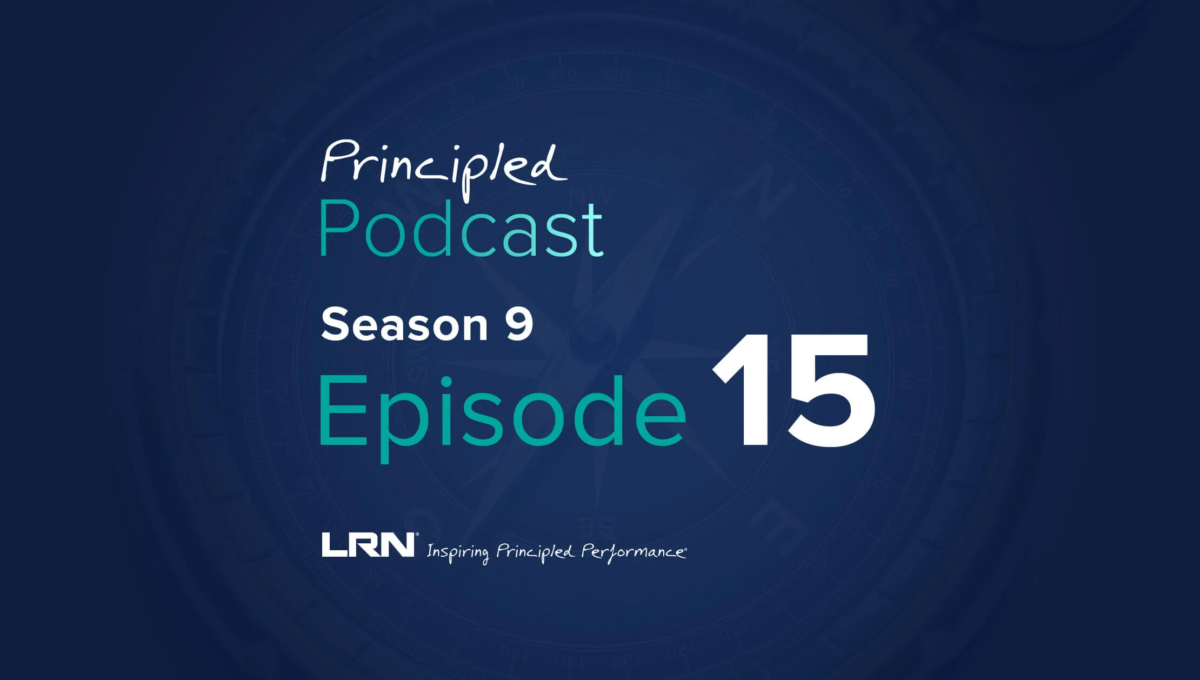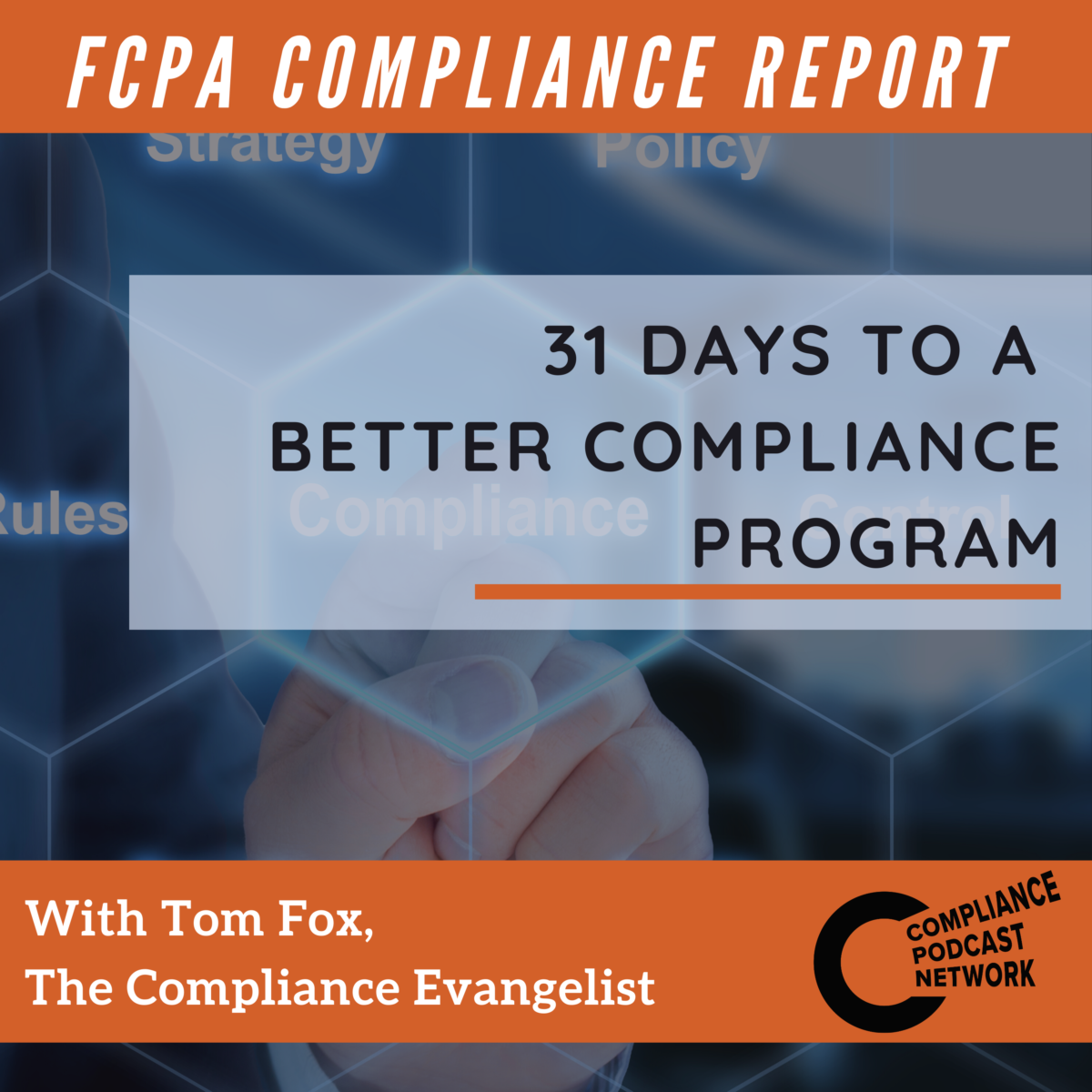What you’ll learn on this podcast episode
Building a winning culture of ethics and compliance requires efficiency and effectiveness in all aspects of a program—including training, communications, and a code and conduct. But how do you ensure these elements all work together to create a meaningful and intentional learning experience? While also contributing to desired business outcomes? In this episode of LRN’s Principled Podcast, host Carolyn Grace explores why a deep understanding of curriculum design is essential to developing an effective program. Listen in as she speaks with Erick Sawyer, the chief ethics and compliance officer of Inhabit, (recently rebranded from Inhabit IQ), and Damien DeBarra, the leader of Curriculum Design and Communication Strategy in LRN’s Advisory group, about the learning curriculum they created by leveraging Inhabit’s code of conduct.
Guest: Erick Sawyer

As Inhabit’s chief ethics and compliance officer, Erick Sawyer leads the company’s day-to-day compliance operations to ensure Inhabit is in compliance with various regulatory requirements and employees are in adherence with internal procedures and policies. Erick creates strategic programs that are paired with tactical plans to positively impact customers and employees across the software ecosystem. Prior to joining Inhabit, Erick held various roles in legal, compliance, quality, and learning and development in the financial services industry. He has focused his career on bridging the gap between people and process to drive a culture of ethics and compliance, protecting the brand and reputation of leading organizations.
Guest: Damien DeBarra

Damien DeBarra brings more than 20 years’ experience to the instructional design and strategic workforce planning spaces. As the Leader in Curriculum Design and Communication Strategy at LRN, he focuses on creating training solutions that ensure business buy-in and connect hiring practices to day-one learning roll-outs. In the last few years, Damien has helped organizations such as United Airlines, Sun Life Financial, SITEL, Astellas, MFS Investments, and SAP create 90-day action plans for their solutions and develop supporting communication strategies. He has worked with over 200 clients in areas ranging from retail to pharmaceuticals, call centers to nuclear plant manufacturing. Prior to LRN, Damien spent more than nine years as the Learning Solutions Director and Head of Instructional Design at Interactive Services. He has also worked as an instructional designer at NCALT, Electric Paper, and Epic. Damien received his BA from Maynooth University.
Host: Carolyn Grace

Carolyn Grace is a content writer on LRN’s global marketing team and co-producer of the Principled Podcast. She specializes in writing compelling stories about ethics and compliance that resonate across business segments, industries, and personas while hitting critical KPIs for traffic and engagement. Topics she frequently covers include ESG, data privacy and protection, DEI, the role of boards of directors and leadership, corporate training and e-learning, and ethical corporate culture.
Prior to joining LRN, Carolyn was a writer and content strategist at Thinkso Creative, a boutique creative agency in New York City. At Thinkso, she wrote internal and external communications for clients in technology, nonprofit, law, logistics, and financial services sectors. Before that, Carolyn conducted trend research and cultural strategy at Horizon Media, specializing in entertainment, travel, media and technology, health and wellness, and food and beverage categories. Carolyn graduated magna cum laude from the University of Pennsylvania with a B.A. in American History and French Studies and a minor in Journalism.












